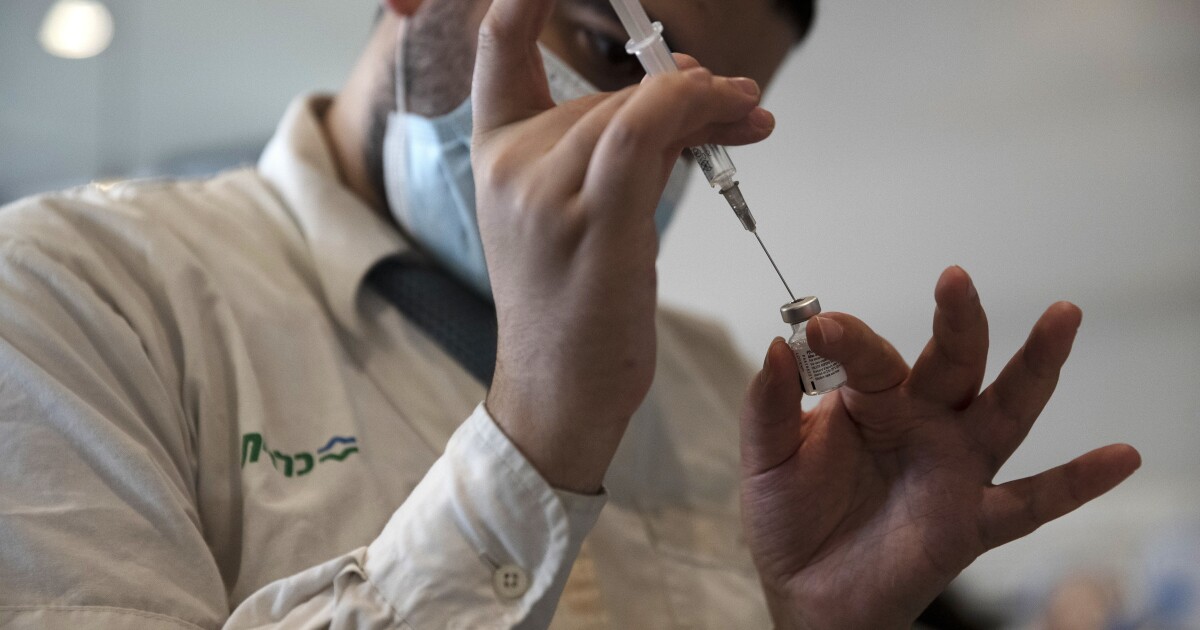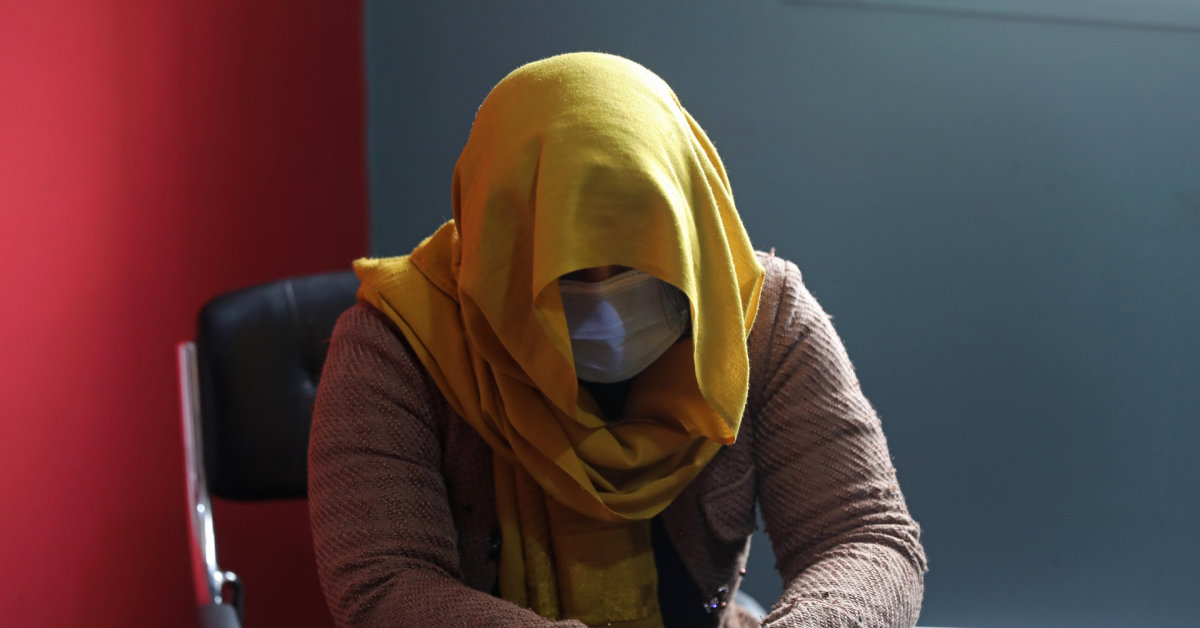The state is willing to offer a limited 45-day extension of its vaccination mandate for healthcare workers just one day before the requirement takes effect.
A bulletin sent to members of the California Hospital Association indicates that the California Department of Public Health told healthcare executives on Tuesday that it will offer the extension, allowing unvaccinated workers to remain in their jobs in centers experiencing a “critical shortage of staff”.
How exactly the state will define such a shortage, or the process for California health care providers to operate under an extension, has not been disclosed, although CDPH is expected to issue more guidelines.
Dr. Tomás Aragón, director of the California Department of Public Health, ordered on August 5 that most of the state’s health workers must be vaccinated before September 30 or they would lose their jobs.
It was the first such requirement in California and has since been followed by a federal vaccination mandate that takes effect on November 22. The city of San Diego and the San Diego Unified School District have followed suit more recently, despite protests generated by the health worker mandate this summer.
But the lingering question has always been whether critical industries could actually allow vital workers to leave their jobs if they refuse to be vaccinated. After all, it takes years to produce qualified doctors, nurses, policemen, firefighters, teachers, and paramedics.
Health care has been particularly affected in recent months, not only by an increase in COVID-19 admissions, but also by an excess of patients who come to receive care not directly related to the virus and who may have been delayed during the widespread stoppages of 2020 and early 2021.
Local reaction to the possible extension was mixed in San Diego County.
Chris Van Gorder, CEO of Scripps Health, said his organization will go ahead with laying off unvaccinated employees later this week. Although the number of patients at the five local Scripps hospitals remains high, Van Gorder said the situation is not as critical today as it was weeks ago.
“I think we will stick to the regulations as they are now, and we will end them,” said Van Gorder. “We are going to fire them, but we will rehire them if they comply with the regulations within the following month, and we will rehire them with all their seniority and everything.”
According to the healthcare provider, 140 of its employees and 8 doctors will leave the company instead of getting vaccinated. Scripps has more than 16,000 employees and 3,325 affiliated physicians.
22 of them, according to the company, are nurses, although a complete breakdown of the types of work is not available.
Scripps has granted 430 religious immunization exemptions to its workers, allowing them to remain in their jobs as long as they wear masks and are tested for coronavirus infection twice a week. Another 125 received medical exemptions.
Sharp HealthCare, the largest healthcare provider in the region, with more than 18,000 employees excluding affiliated physicians, reported that it had granted 691 exemptions, of which about 100 were for medical reasons. As the deadline approached, 539 of them were still not vaccinated.
The organization said it is waiting for more information from the state before deciding how to proceed with the mandate. Earlier, an executive said those who remained unvaccinated Thursday would be put on unpaid administrative leave for 30 days, during which they could get vaccinated and return to their jobs.
Rady Children’s Hospital, UC San Diego Health Care and Kaiser Permanente San Diego declined to provide specific numbers for unvaccinated workers, though all said their overall vaccination rates are now over 90 percent.
The impact of COVID-19 on San Diego’s healthcare industry has diminished over time, as the collective number of local residents in hospital beds has steadily declined in recent weeks.
But that’s not the case statewide.
Jan Emerson-Shea, vice president of external affairs for the California Hospital Association, said in an email Wednesday that COVID-19 is currently a bigger concern in some communities than others.
“For example, some Central Valley hospitals have come close to having to enforce crisis care standards in recent weeks,” Emerson-Shea said. “This was the result of a high number of patients, both COVID and non-COVID, needing care and a shortage of staff.”
At the moment it seems clear that hospitals across the state are reluctant to deny legally permitted exemption requests, especially those that cite religious beliefs.
Until now, there has been no formal movement in healthcare to give patients the option of being cared for only by vaccinated workers.
Van Gorder said he doesn’t see such a move happening, at least at Scripps.
“It’s a slippery slope when we allow patients to choose who treats them,” Van Gorder said. “We have had people who come and say ‘I don’t want a minority to take care of me, I don’t want a religious minority to take care of me.’ If we start letting patients choose who treats them, it opens up a lot of legal problems ”.
–


